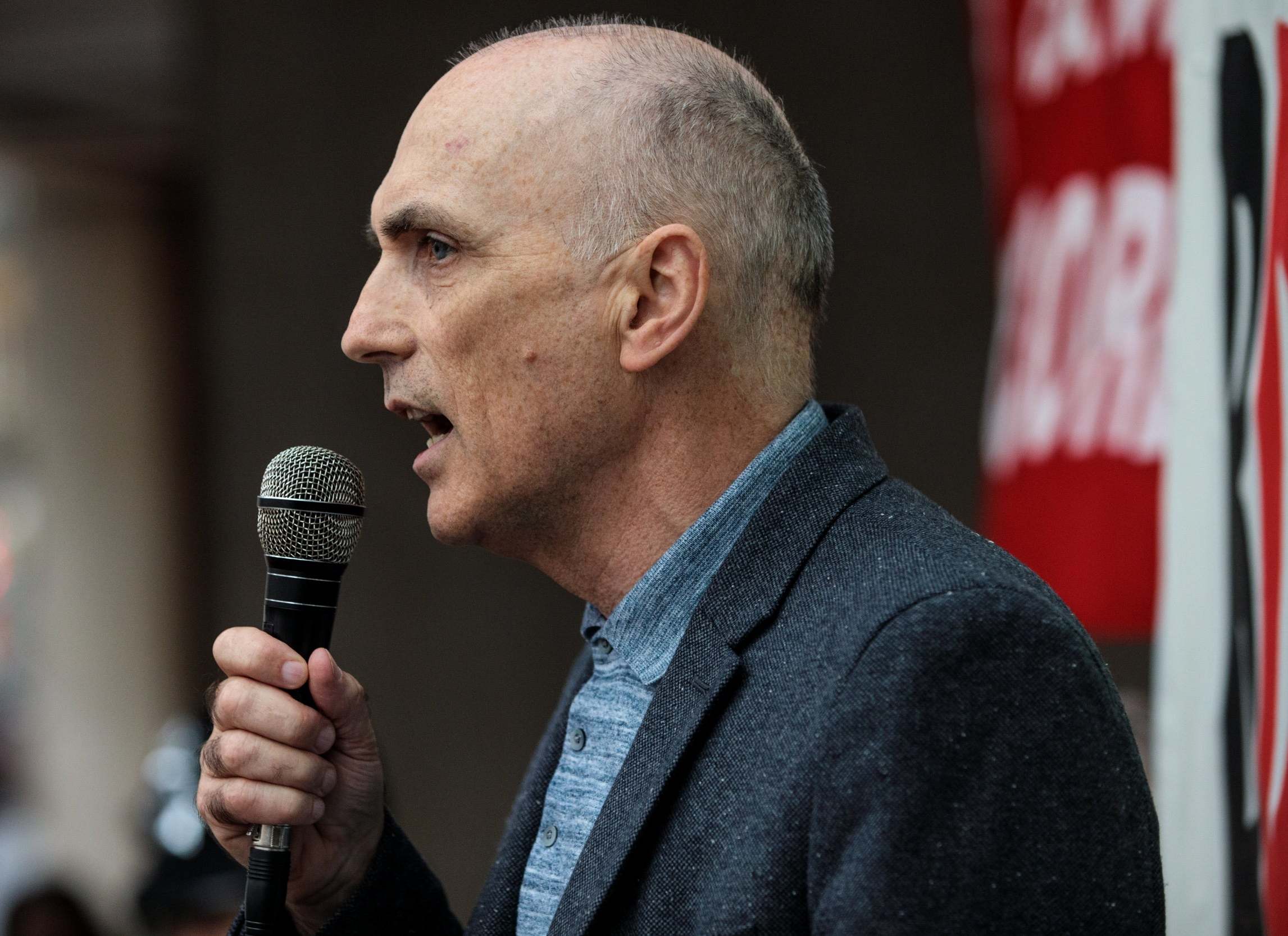How do Labour’s disciplinary procedures work, and why has Chris Williamson’s case caused uproar?
Politics Explained: Williamson was readmitted to the party this week, and then suspended again after 100 Labour MPs and peers protested

The Labour Party is in turmoil over the decision by a panel of the party’s national executive on Wednesday to end Chris Williamson’s suspension as a Labour MP – a decision that was reversed today.
He was suspended in February after he apologised for saying the Labour Party had “given too much ground; been too apologetic” in dealing with allegations of antisemitism. It was the most recent in a series of statements defending members expelled or disciplined for antisemitism.
Despite repeated assurances from Jeremy Corbyn that the party takes allegations of antisemitism seriously, it took four months for Williamson's case to reach even the first stage of investigation.
Thus on Wednesday a three-person panel of the national executive met to decide whether to refer the case to the party’s national constitutional committee (NCC).
The panel overruled the advice of Labour officials and decided to readmit Williamson to the parliamentary party. A party statement said: “An NEC panel, advised by an independent barrister, found Chris Williamson had breached the party’s rules and gave him a formal sanction. He could face further, more severe, action if he repeats any similar comments or behaviour.”
It is the appearance of favouritism in Williamson’s treatment that explains the ferocity of the reaction to it. Instead of following the recommendation of party staff to investigate Williamson further, the NEC panel just told him off and ended his suspension.
Two of the three members of the panel were apparently persuaded that, because Williamson represents a marginal seat (Derby North) and the party is preparing to fight an early general election, he should be treated leniently.
The panel’s decision exposed the flaws in Labour’s procedures. The two members who voted to end Williamson’s suspension, Huda Elmi and Keith Vaz, are Corbyn supporters, and they outvoted the third, George Howarth, who is not.
The danger of disciplinary cases being decided along factional lines is compounded by evidence that Elmi has expressed views on antisemitism that might be expected to colour her decision. She described Labour’s eventual adoption last year of the full International Holocaust Remembrance Alliance definition of antisemitism, as “incredibly disappointing”.
And Vaz has said – surprisingly – that the decision in which he took part should be reconsidered, because the leak of details of Williamson’s case meant the 36 other people whose cases were dealt with by the panel “could potentially mount a legal challenge” against the party.
The case also exposed the hollowness of Labour’s trumpeted strengthening of its disciplinary machinery last year. It doubled the size of the NCC, the main body dealing with disciplinary cases – most of which currently concern allegations of antisemitism.
But the 25-member NCC is not independent (the party describes it as “autonomous”): its members are elected by delegates to annual conference or appointed by trade unions.
Now the Williamson case is likely to be referred to the NCC after all, after the outcry forced a U-turn today. But whatever anyone’s view of the severity of Williamson’s offence, and the right punishment for it, this week’s furore has strengthened the case for an independent and non-factional body to investigate and decide disciplinary cases.
Join our commenting forum
Join thought-provoking conversations, follow other Independent readers and see their replies
Comments